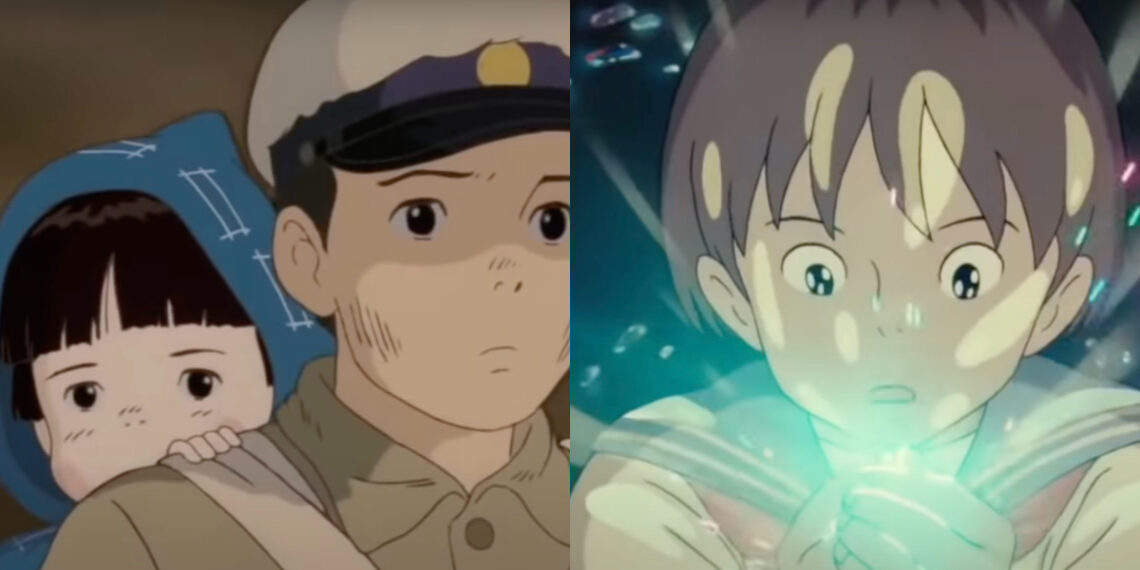The legendary Japanese animation filmmaker Hayao Miyazaki simply cannot seem to make retirement stick. Over the years, he has announced his retirement from making movies multiple times, only to repeatedly come out of retirement soon after and begin working on new projects.
This pattern has become quite amusing and predictable at this point.
Miyazaki’s latest feature film, “The Boy and the Heron,” was recently released in theaters across Japan without much advance promotion or trailers, giving the impression that this would truly be the final film for the 82-year-old director.
However, it was soon revealed that Miyazaki was already contemplating ideas and plans for yet another movie after this one.
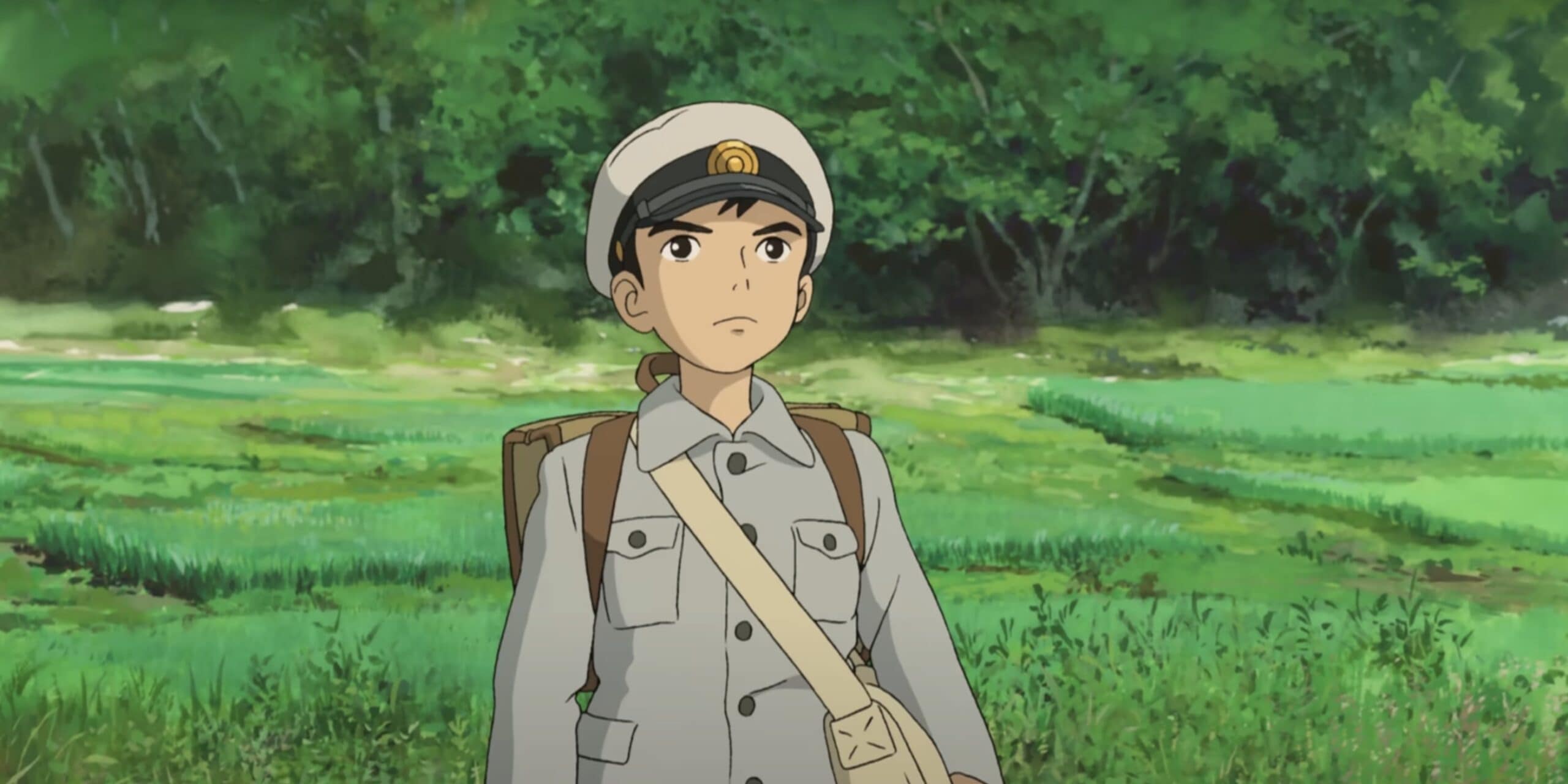
As Studio Ghibli co-founder and longtime Miyazaki collaborator Toshio Suzuki wryly stated in a recent interview, “He’s thinking about this next project every day, and I can’t stop him – in fact, I’ve given up even trying.”
It seems that retirement is never going to fully take for this creative mastermind.
Although each new film project may be advertised as his last, Miyazaki’s passion for animation and storytelling is too deeply ingrained for him to ever fully walk away.
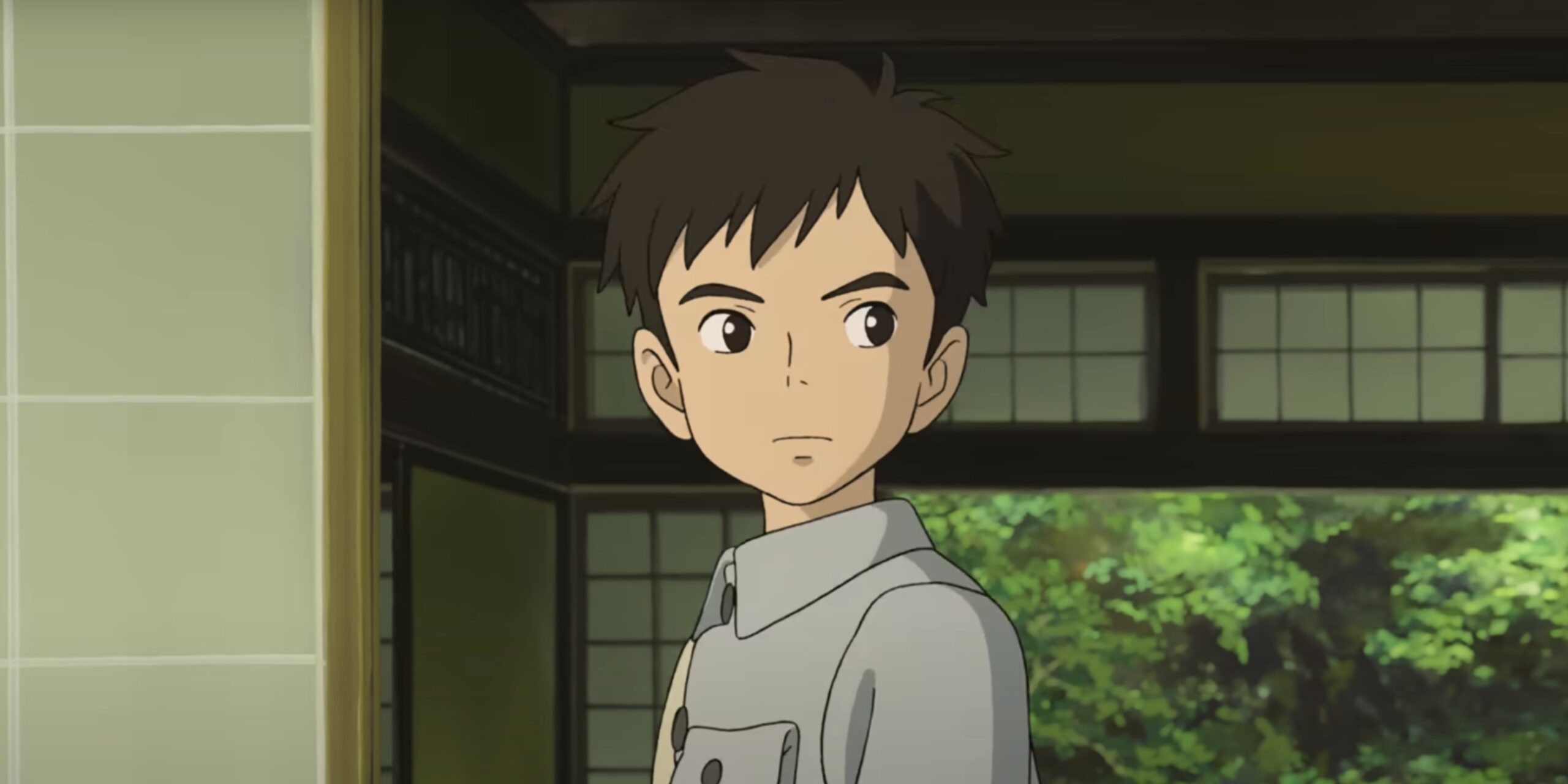
The animation world will likely continue to be graced with his unique talents and films for years to come, whether retirement plans succeed or not.
The Uncertain Future of Studio Ghibli
While the prospect of Hayao Miyazaki continuing to create new animated films even into his 80s is exciting for fans, what’s more concerning is the uncertain future facing the legendary animation studio he co-founded – Studio Ghibli.
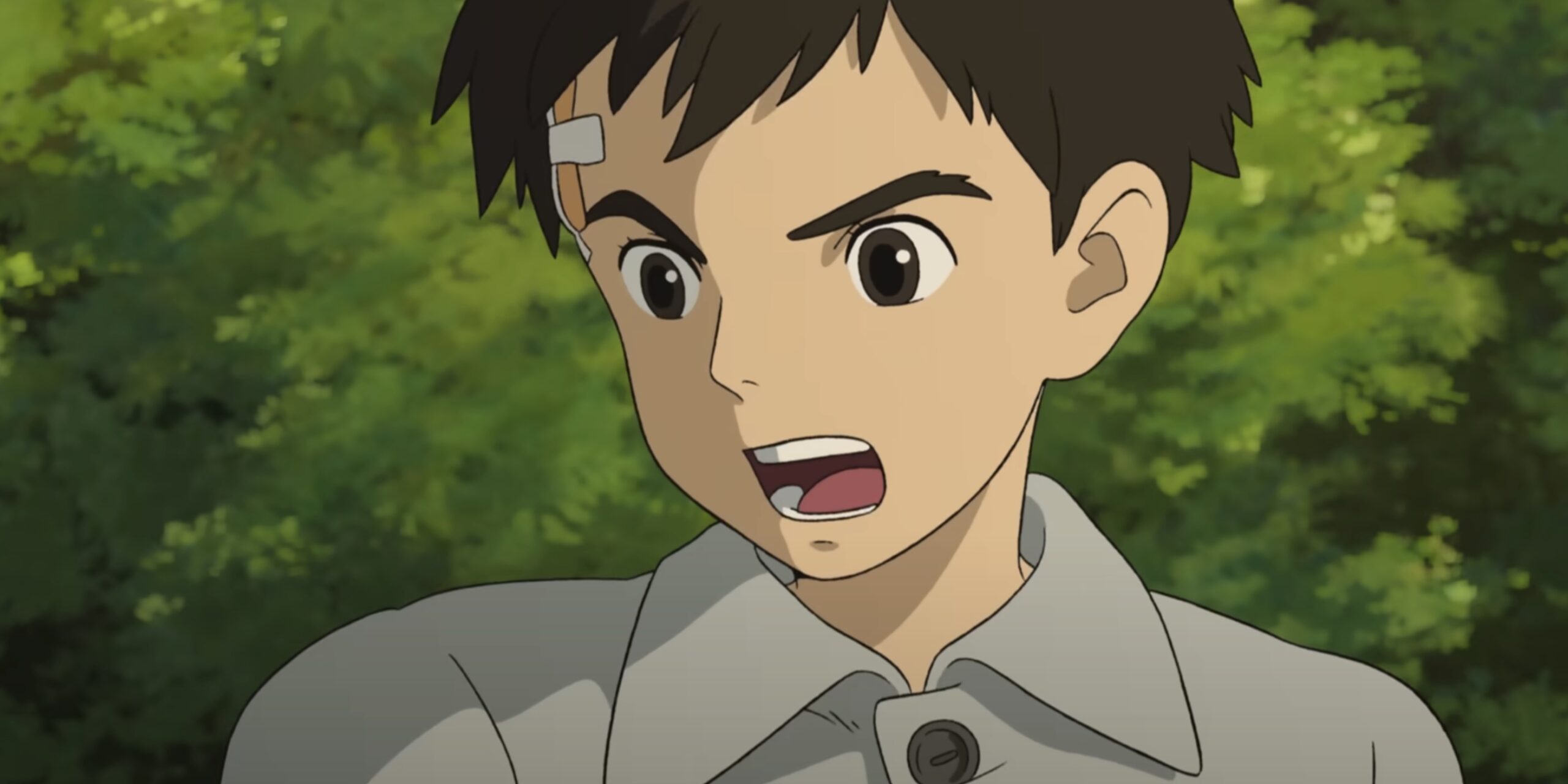
Studio Ghibli is responsible for creating some of the most acclaimed and beloved animated films of all time, including classics like “Kiki’s Delivery Service,” “Princess Mononoke,” and “Spirited Away.”
The studio’s films are known for their magical storytelling, imaginative worlds and characters, and top-notch animation craft.
However, given Miyazaki’s advanced age, Studio Ghibli faces a questionable path forward after he fully retires from filmmaking, especially after he passes away someday.
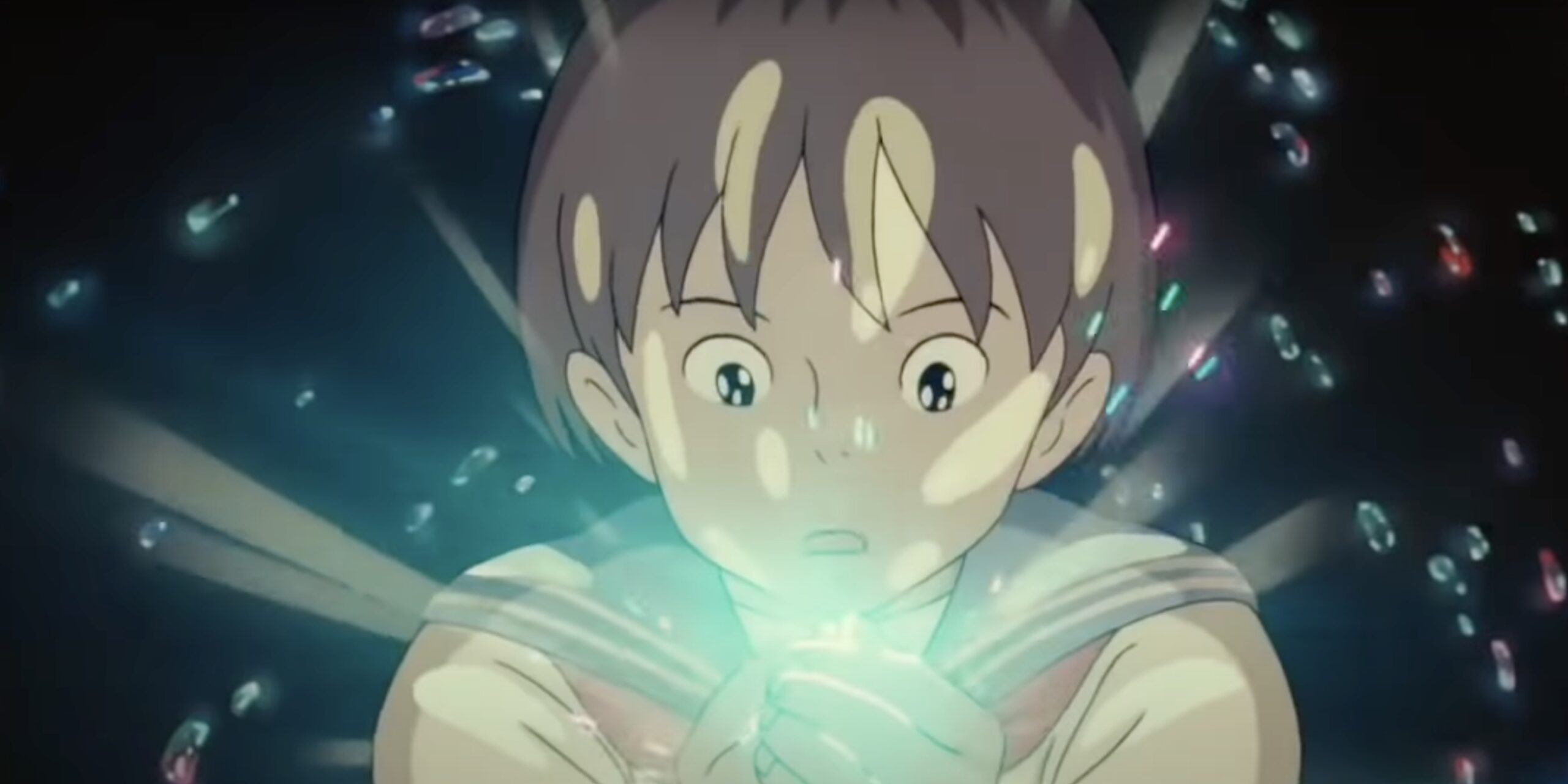
Recent news revealed that Studio Ghibli was essentially sold to become a subsidiary of Nippon TV – a major Japanese media conglomerate.
Nippon TV is known for producing popular anime series, but not necessarily story-driven animated films with the emotional depth and artistry that Studio Ghibli is renowned for.
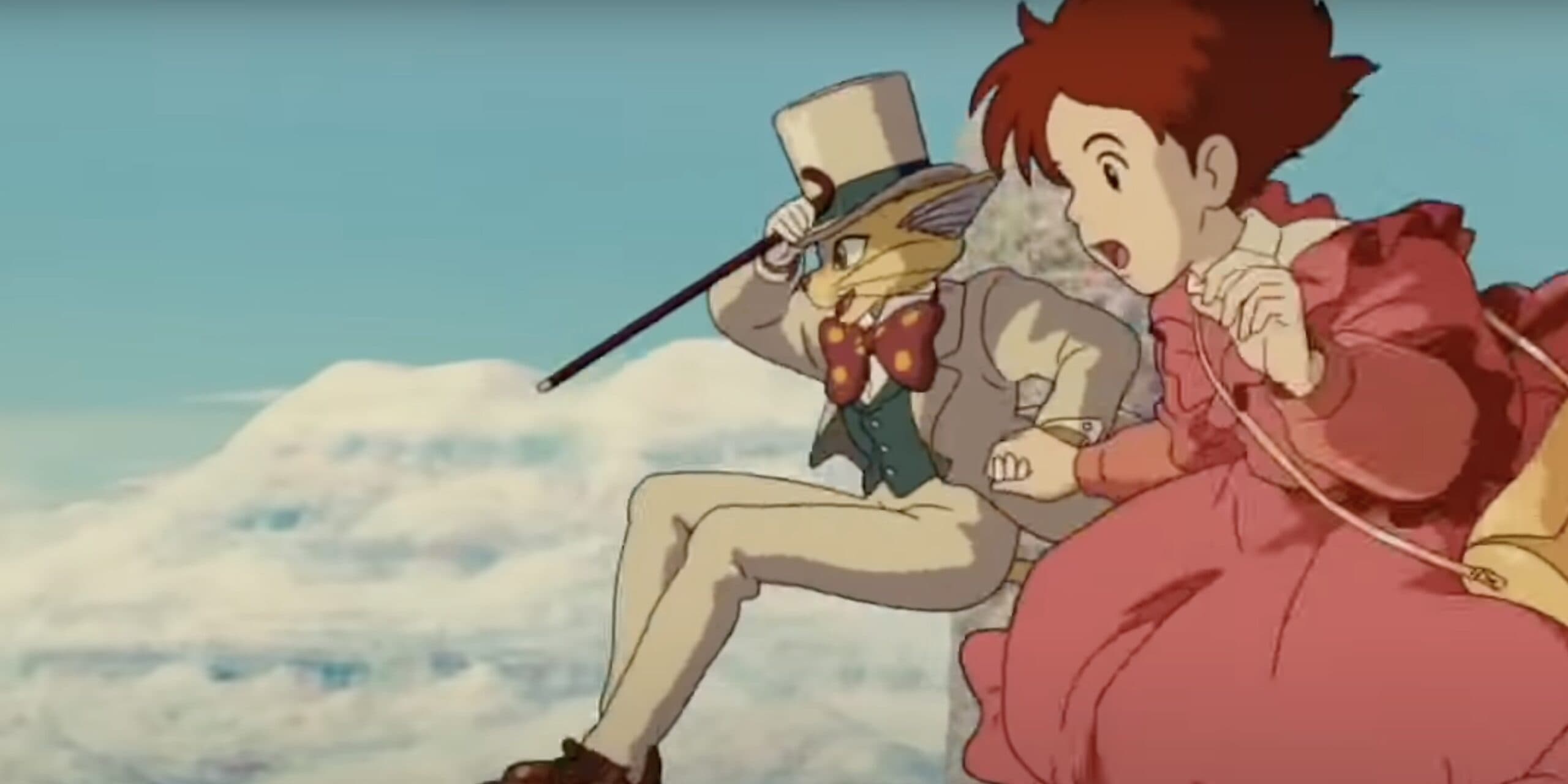
This business move raises uncertain questions about whether Studio Ghibli can maintain its unique identity and commitment to excellence in animation without the guiding vision of pioneering creative leaders like Miyazaki at the helm.
The studio’s future creative direction and the type of projects it takes on could drastically change under new corporate ownership.
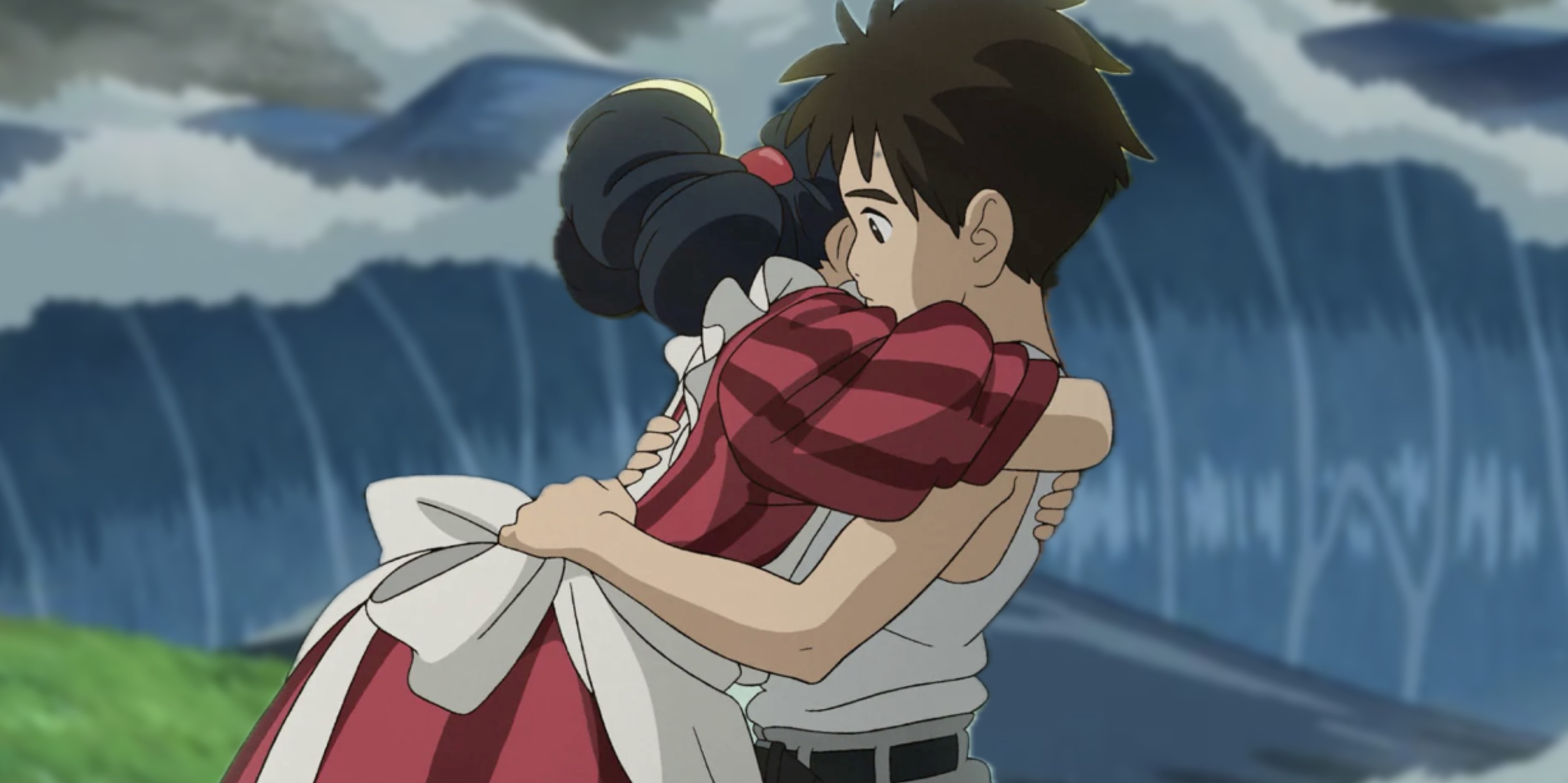
For many animation fans, this is a concerning potential end of an era for the greatest animation studio the world has ever seen.
Reassurance for Now, Uncertainties Looming Beyond Miyazaki and Suzuki
According to Toshio Suzuki, Studio Ghibli’s co-founder and producer, the sale of the studio to Nippon TV is not expected to affect Hayao Miyazaki’s continued filmmaking or Studio Ghibli’s current projects and operations.
Suzuki stated that Miyazaki, now 82 years old, will likely keep directing new animated movies until he turns 90.
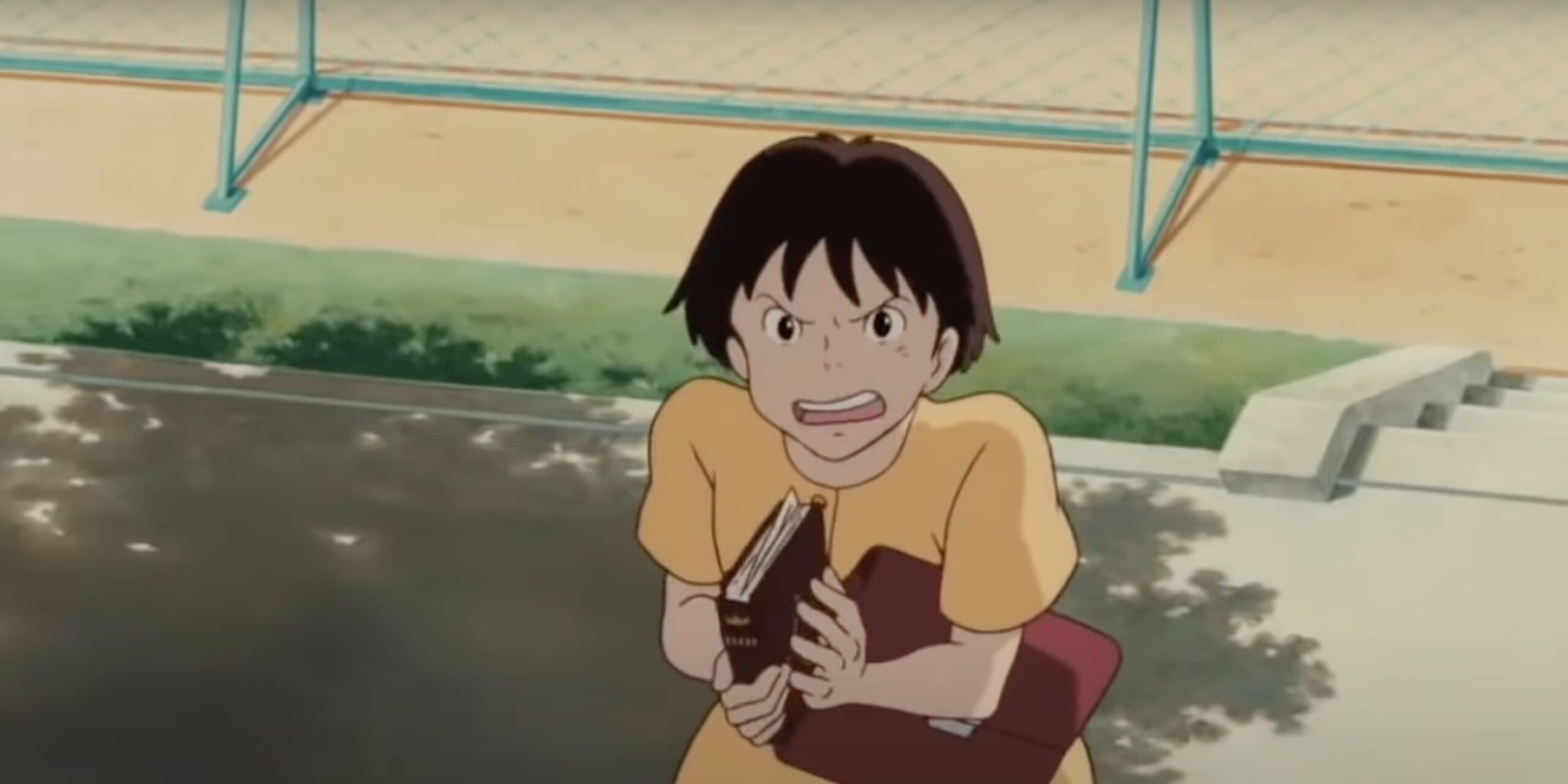
Under the business deal, Nippon TV has agreed not to interfere with or dictate creative decisions to Studio Ghibli’s leadership team.
However, Suzuki did express some uncertainty and concern about what would happen to Studio Ghibli’s legacy after he and Miyazaki were no longer involved with leading the studio.
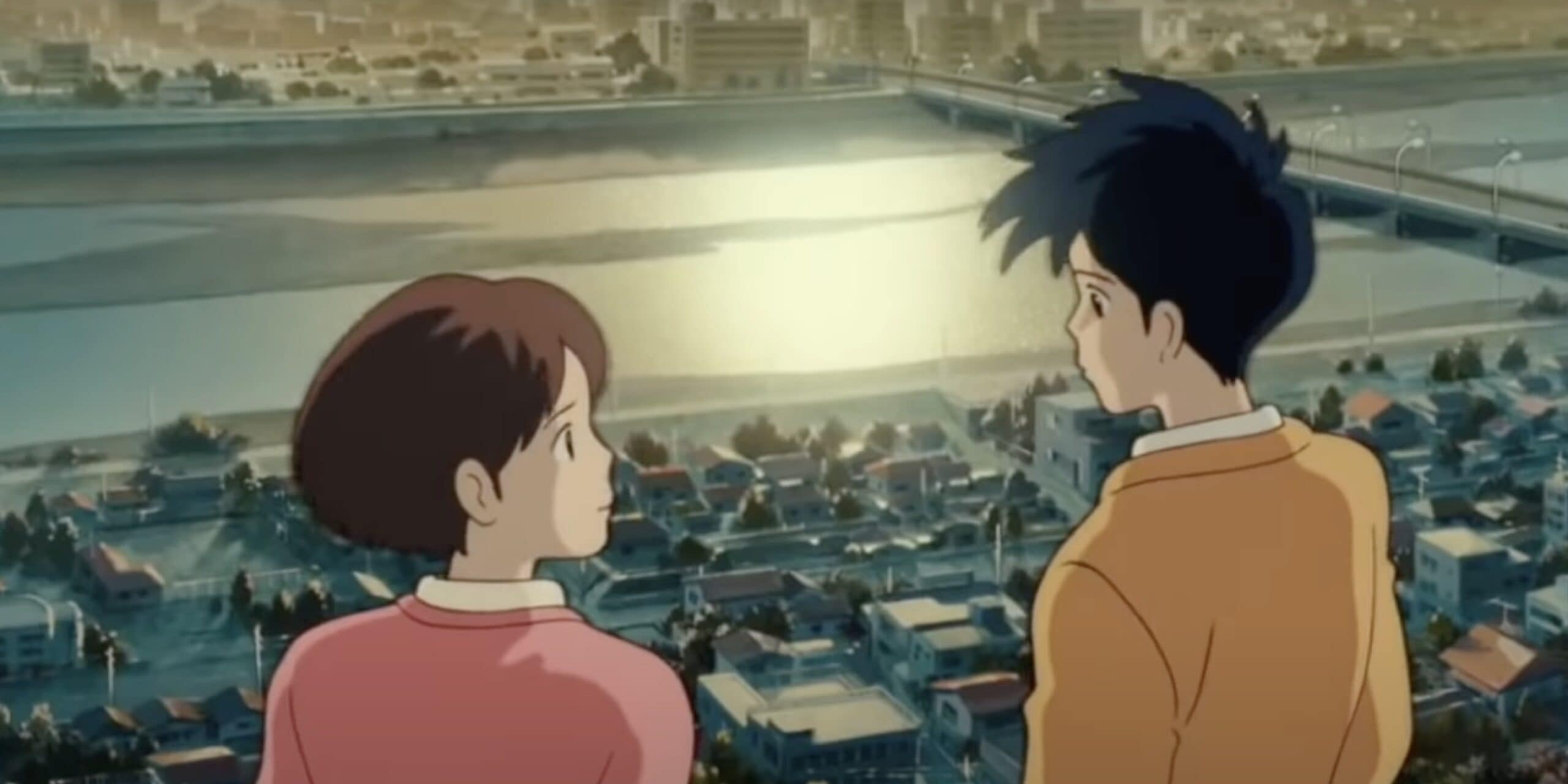
As Suzuki stated, “Nippon TV won’t come and tell us anything. The problem arises more when we are gone.
What will happen then, I do not know. It will be up to those who will be there at that time to think about it.”
Essentially, while Studio Ghibli’s tradition of excellence seems safe for now under Miyazaki and Suzuki’s continued guidance, the studio’s future creative identity and output after they retire or pass on remains more ambiguous.
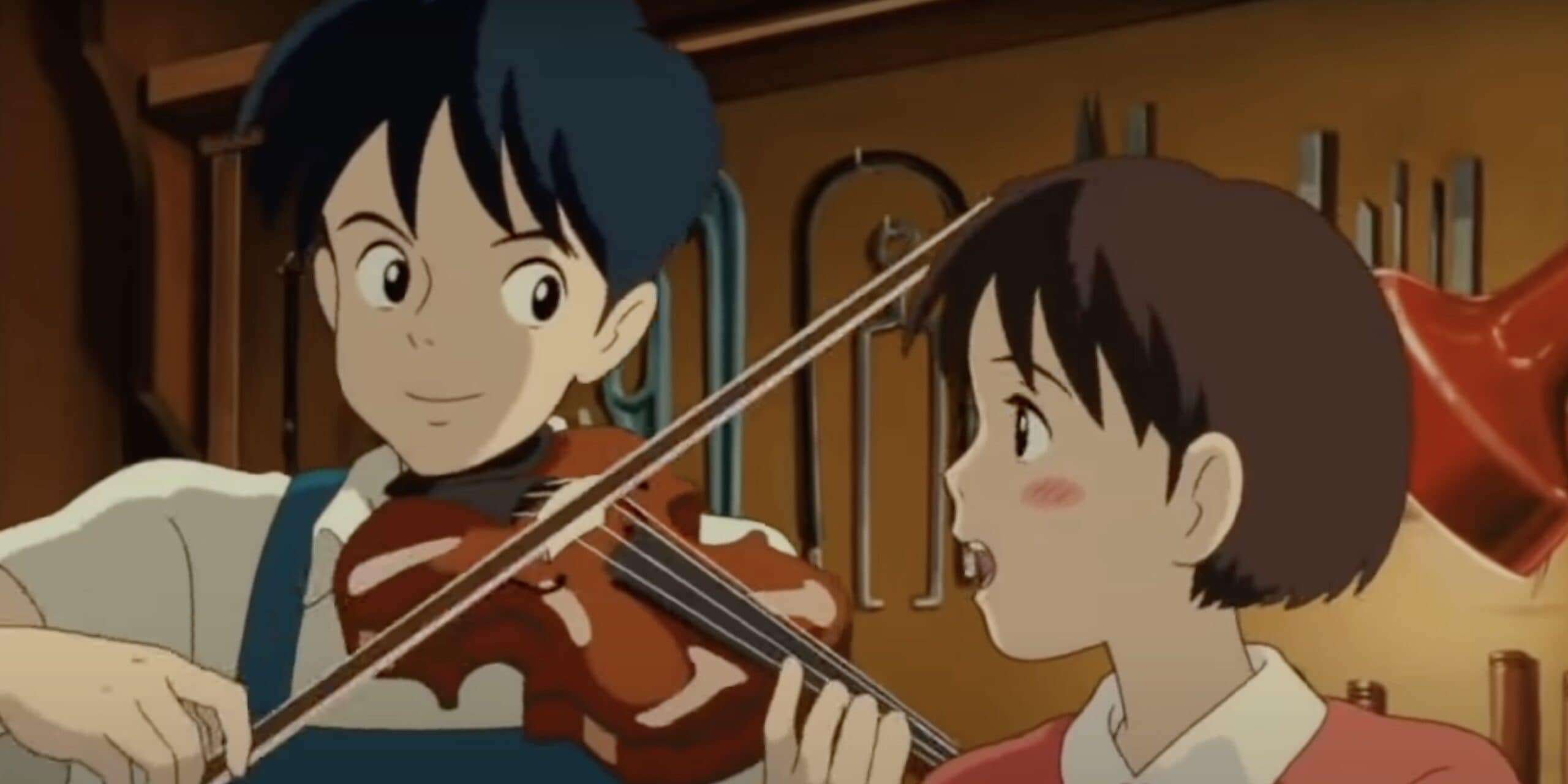
There are open questions about whether future Studio Ghibli leaders will uphold the studio’s uniquely imaginative style of storytelling or bend more toward commercial interests under corporate ownership.
For now, fans can likely expect more fantastic films from Hayao Miyazaki in the coming years.
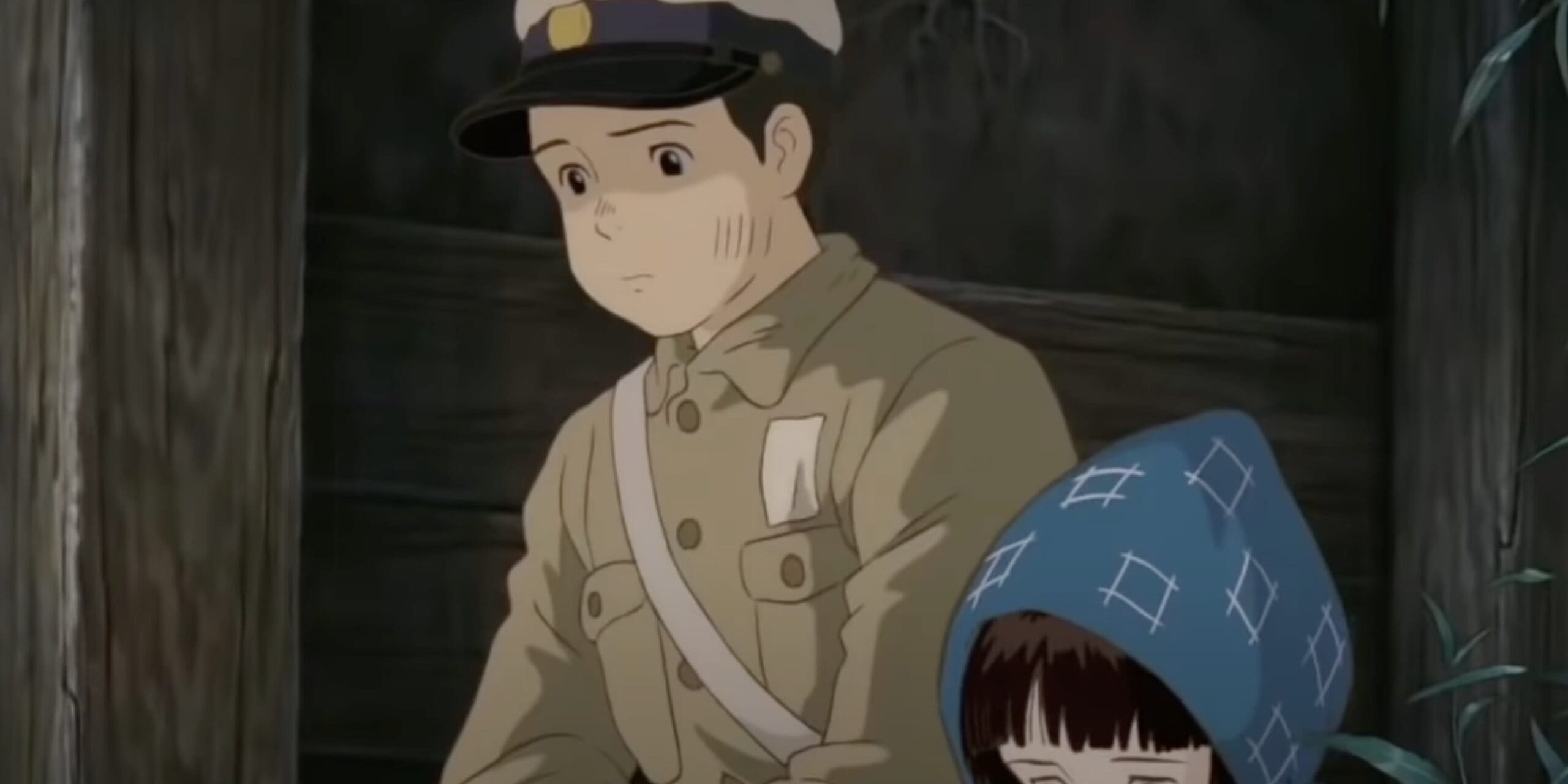
But the greatest animation studio the world has ever known faces more uncertainty in its long-term future without its revered founding visionaries at the helm.
The Future Leadership of Studio Ghibli Remains Uncertain
Compounding the uncertainty around Studio Ghibli’s future, Hayao Miyazaki has conspicuously avoided formally naming a creative successor to lead the studio after he retires.
The seemingly obvious choice to take the reins would have been Miyazaki’s own son, Goro Miyazaki, who has already directed several films for Studio Ghibli.
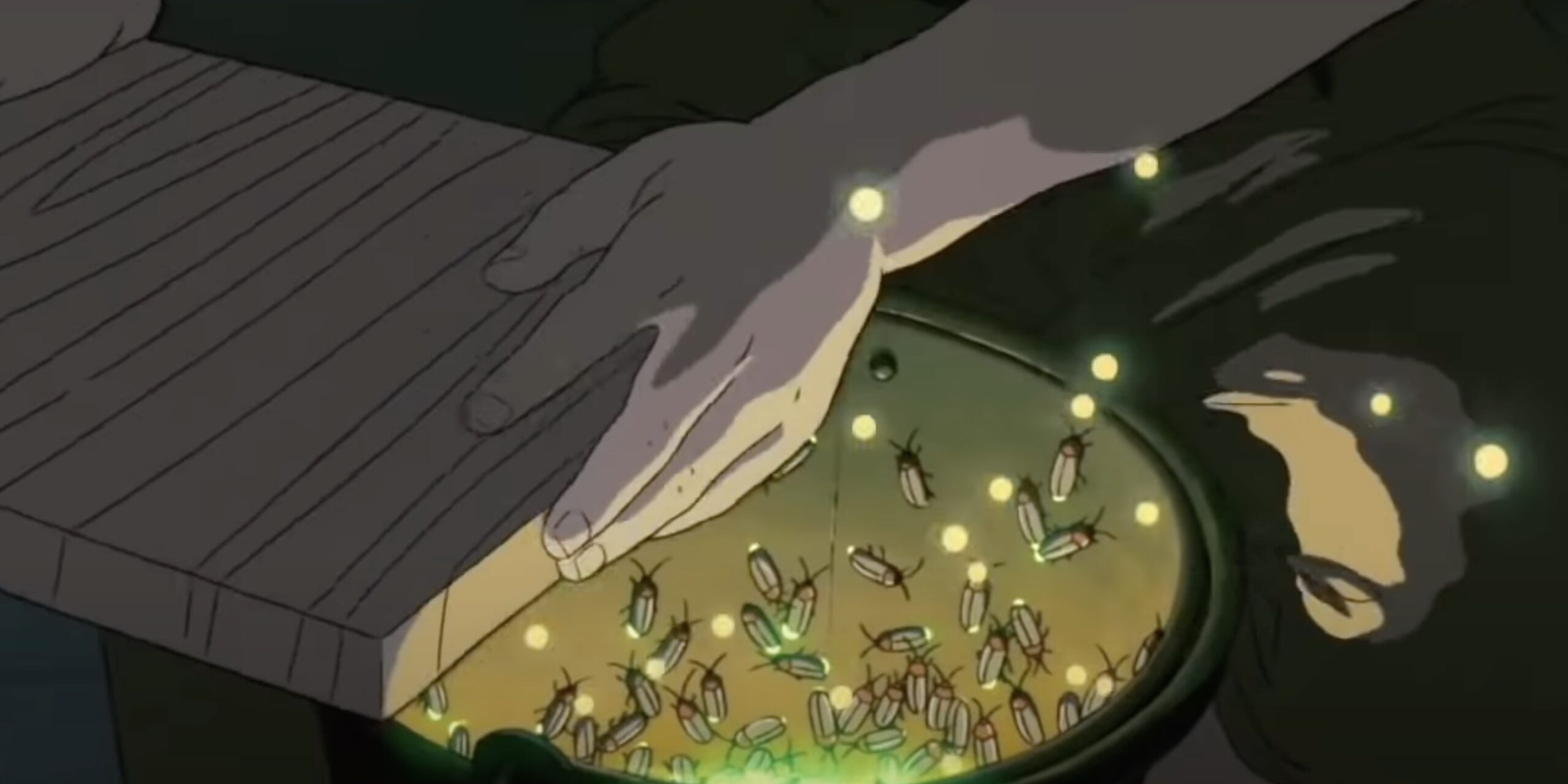
However, for better or for worse, Hayao Miyazaki declined to name his son as his successor directly.
As Toshio Suzuki explained regarding this decision – “If Goro had become the boss, Ghibli would be a Miyazaki family business. It was the right decision to avoid this situation because Ghibli is broader than that, has a bigger scope than Miyazaki and I thought.”
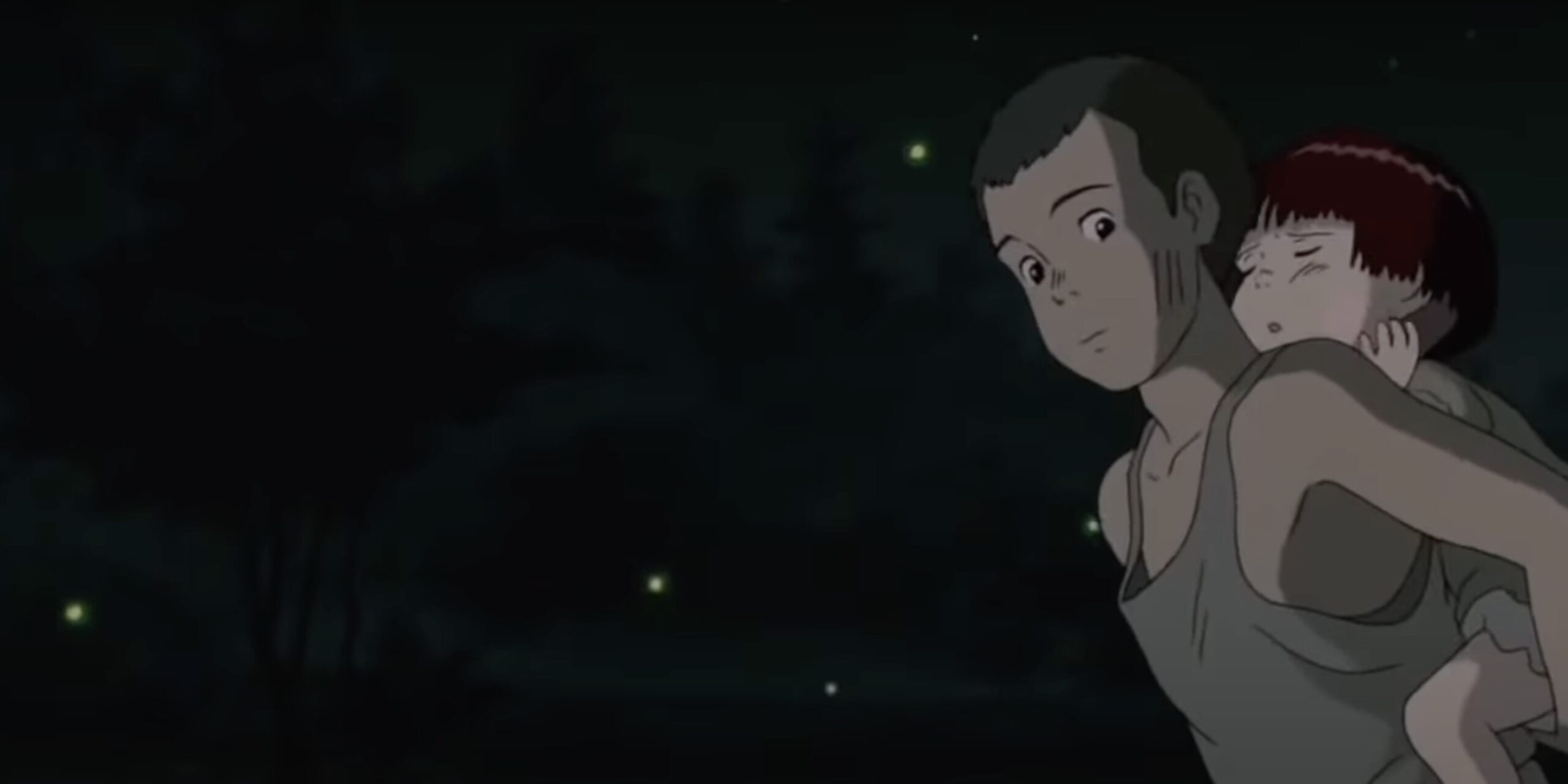
Essentially, Hayao Miyazaki felt that directly passing the studio down to his son would have narrowed Studio Ghibli’s identity too much into just representing the Miyazaki family name rather than the collective creative talents that have built it up.
By avoiding directly appointing his son as successor, Miyazaki has left Studio Ghibli without clear leadership to carry on its legacy after he retires.
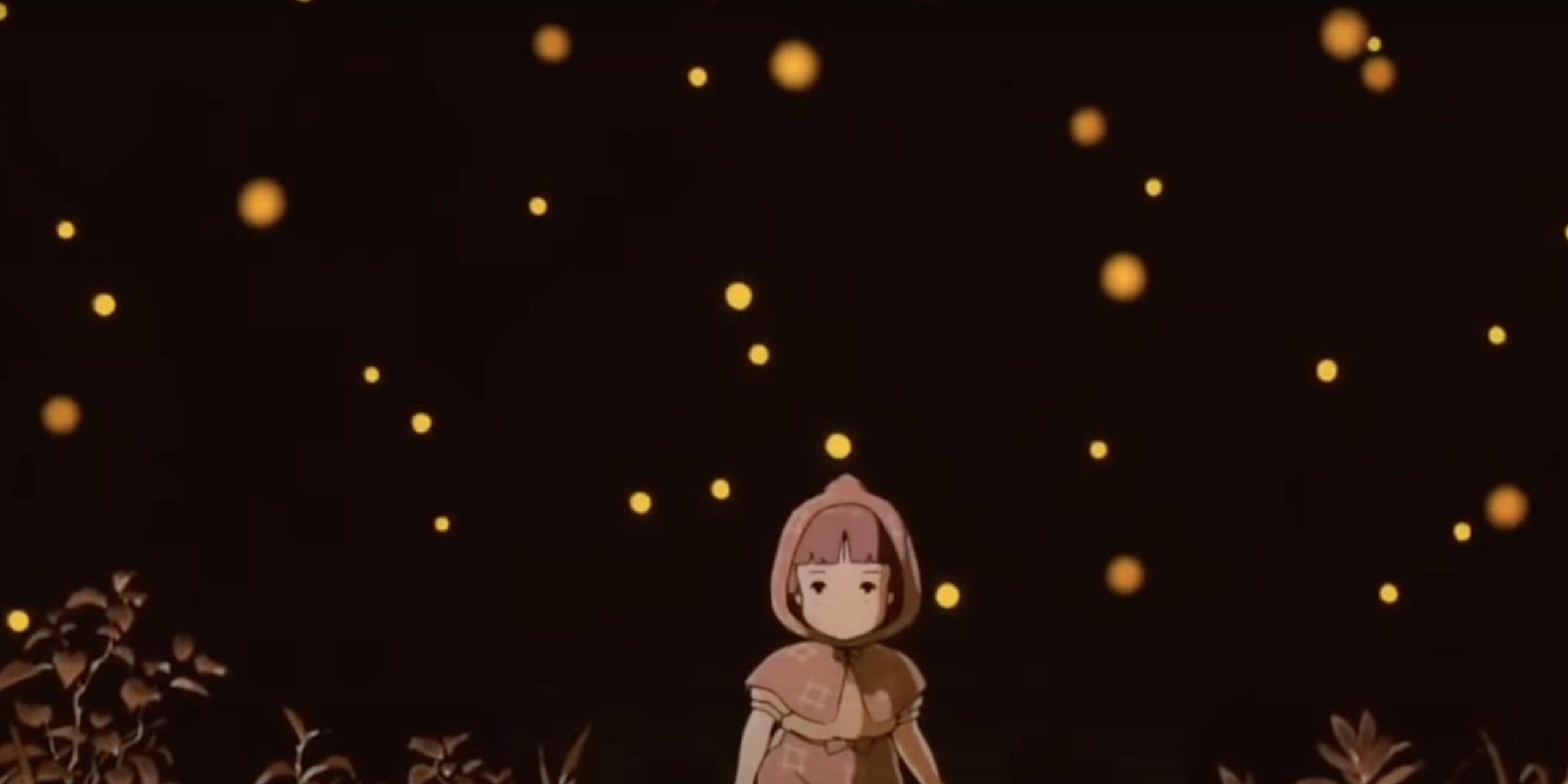
This adds further uncertainty about exactly what the next era will look like for the animation powerhouse studio.
While the studio’s sale to Nippon TV raises some questions about future commercialization and identity, Miyazaki’s choice to not directly name a creative heir also leaves Studio Ghibli’s future artistic vision blurred once its famous founders depart.
Hayao Miyazaki’s Succession Dilemma
However, as Toshio Suzuki bluntly acknowledged, the lack of a named successor to inherit Hayao Miyazaki’s creative leadership role remains highly problematic for Studio Ghibli.
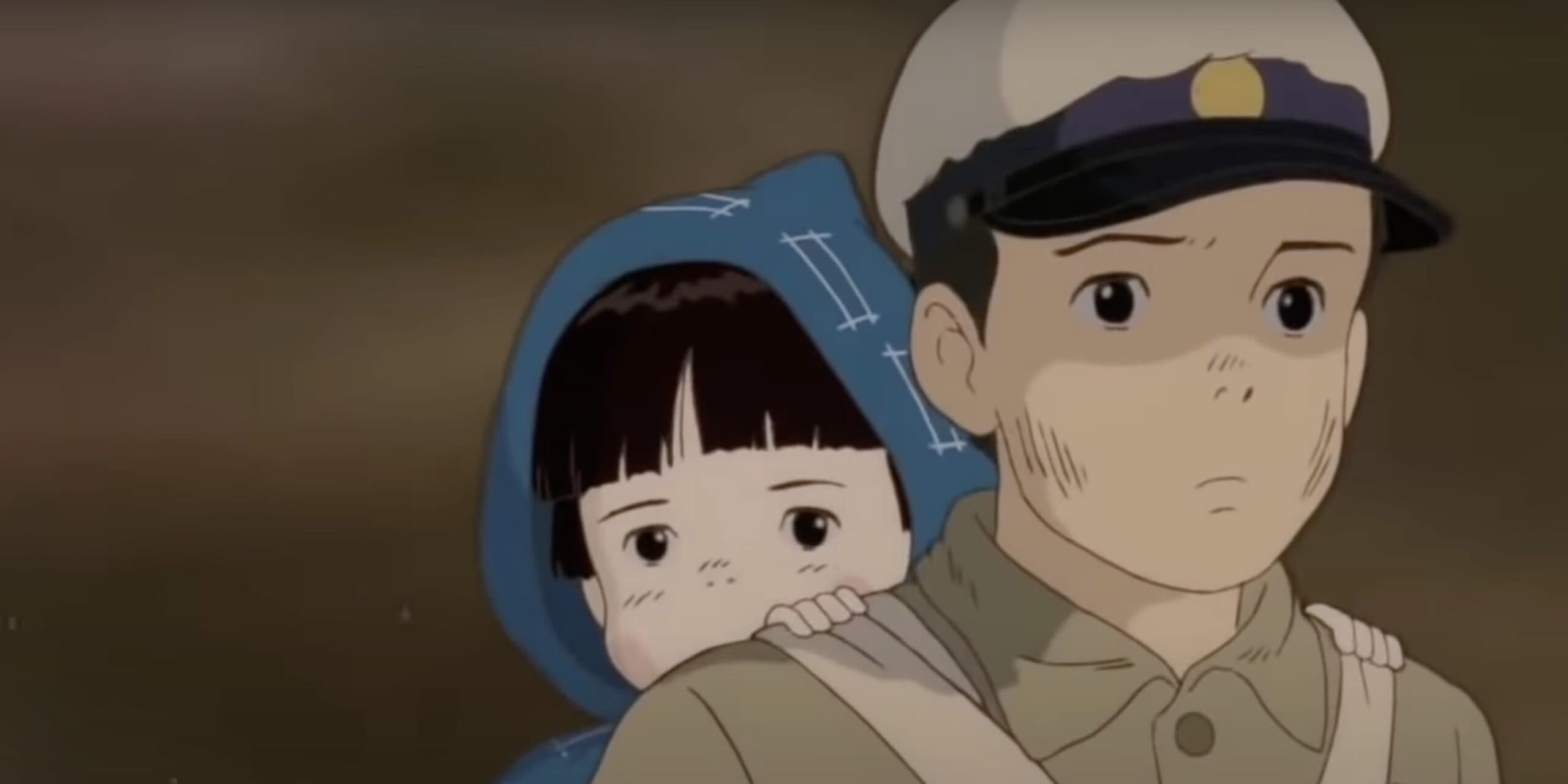
As Suzuki stated, “Good or bad, the reality is that Studio Ghibli is, first and foremost, Miyazaki’s genius creativity.
We only have to wait for another immense talent to appear to succeed him. For the moment, there is none anywhere in Japan.”
Essentially, Studio Ghibli was built on Hayao Miyazaki’s unique creative vision and filmmaking talents.
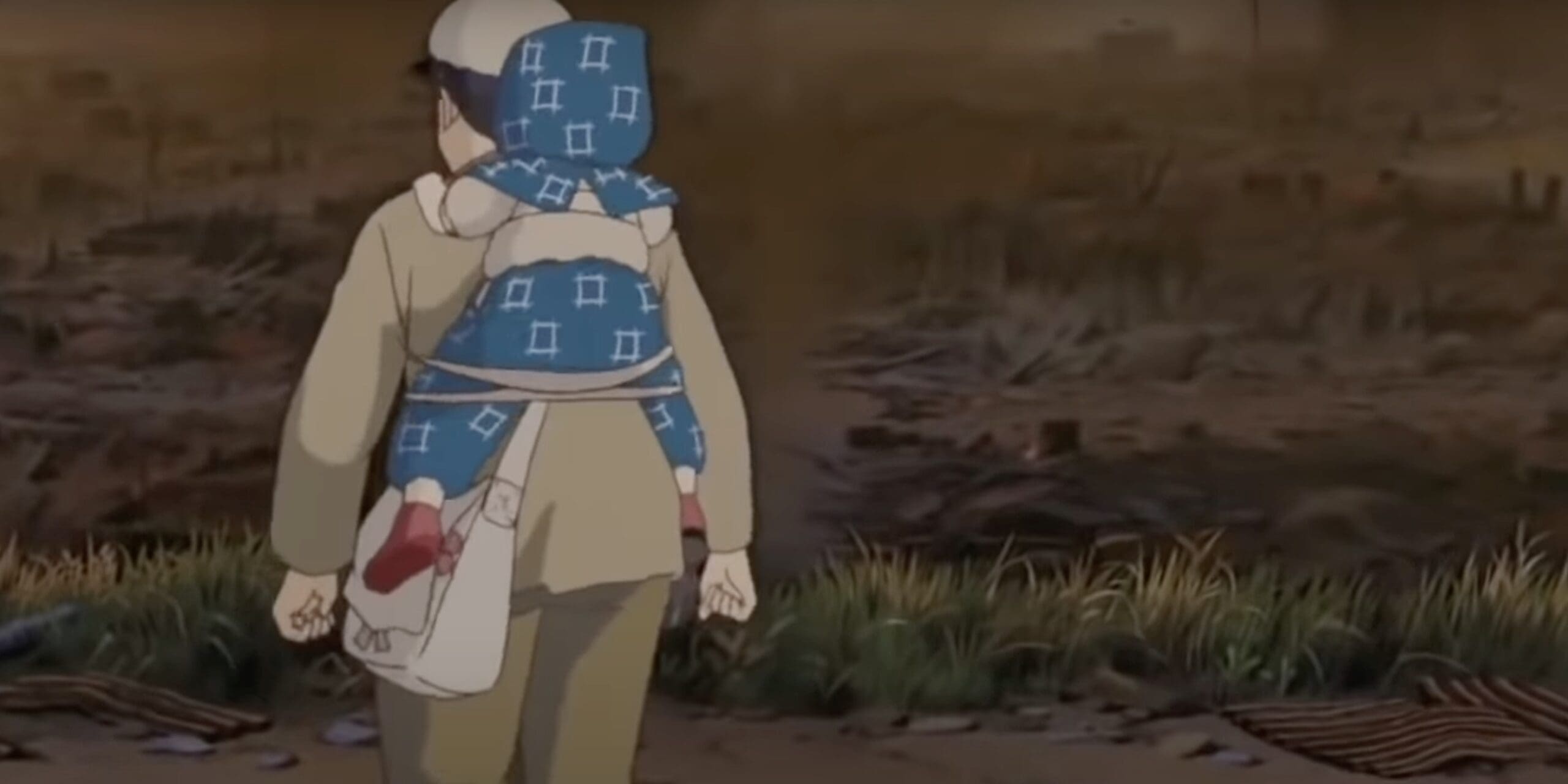
While other talented animators and storytellers have contributed, Miyazaki’s imagination and skill have been the vital driving force in establishing Studio Ghibli as the world’s greatest animation studio.
By not grooming and passing the torch to a successor with comparable gifts, there is no clear creative leader waiting in the wings to carry Studio Ghibli forward while maintaining its commitment to storytelling excellence.
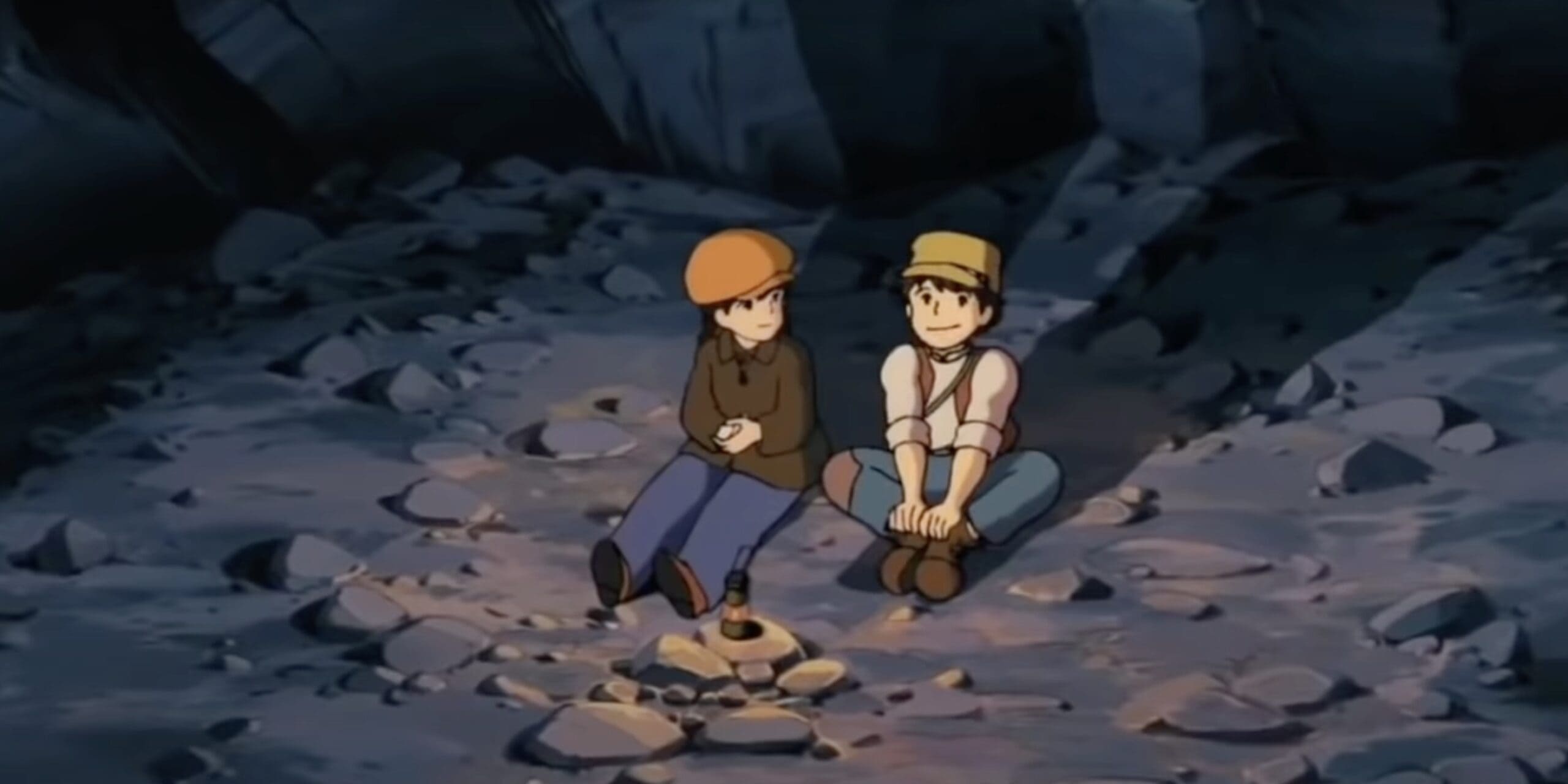
For now, Toshio Suzuki sees no animation director currently in Japan with the sheer brilliance and potential to replace Miyazaki.
That enormous void in leadership and vision precipitates understandable anxiety about Studio Ghibli losing its precious identity as an animation haven for magical storytelling.
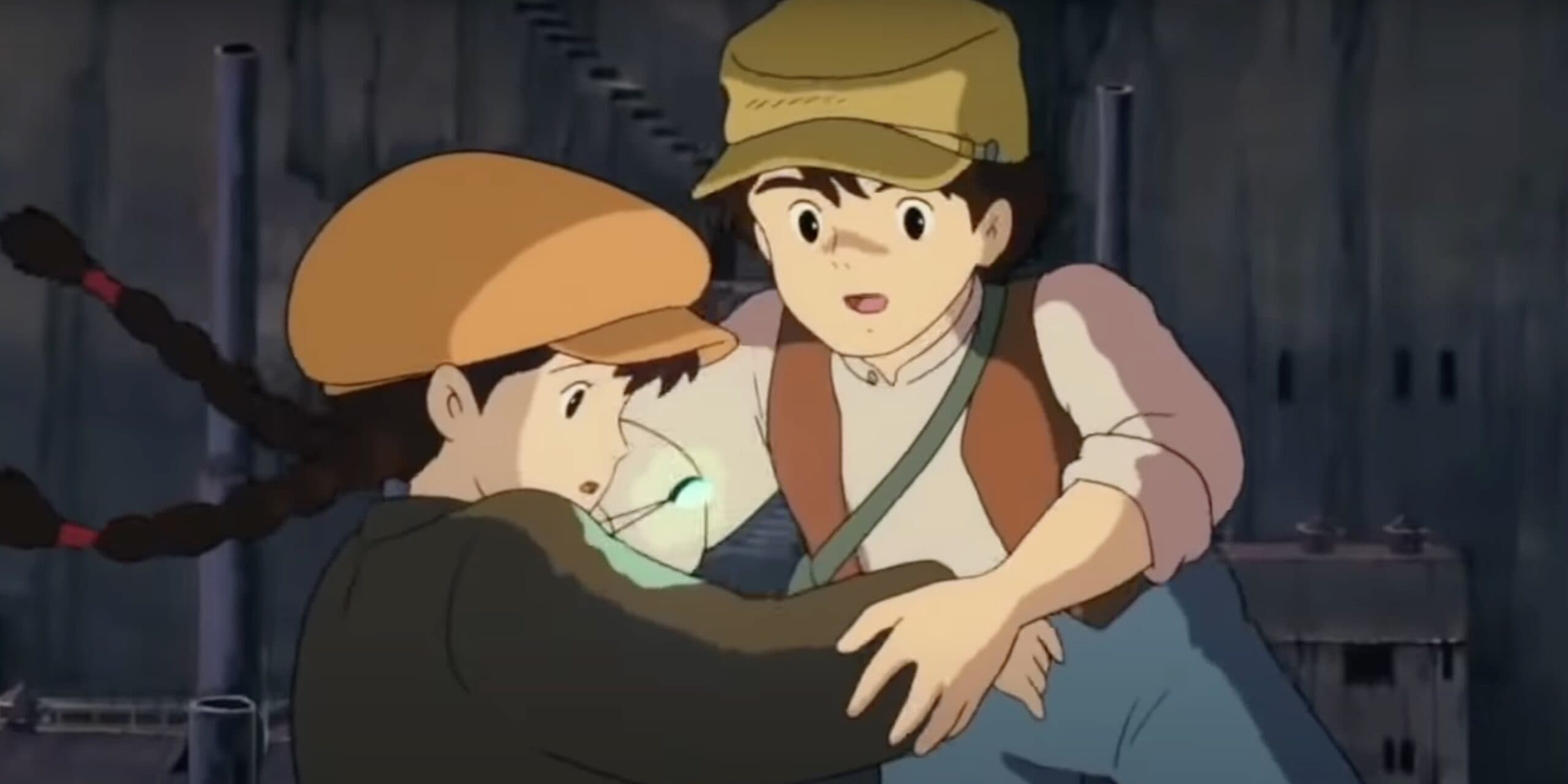
Whether through emerging talent or new corporate directives, the studio’s future course seems filled with uncertainty once its legendary helmsman, Hayao Miyazaki, permanently departs.
For devoted fans, we can only hope that the glimmer of Ghibli’s magic persists even after its brightest light moves on.
The Challenge of Nurturing a New Generation of Storytellers
To be fair, Studio Ghibli itself shoulders part of the blame for its current lack of a clear creative successor to Hayao Miyazaki.
Over the years, various promising directors that Studio Ghibli mentored as potential successors ended up leaving the studio for one reason or another.
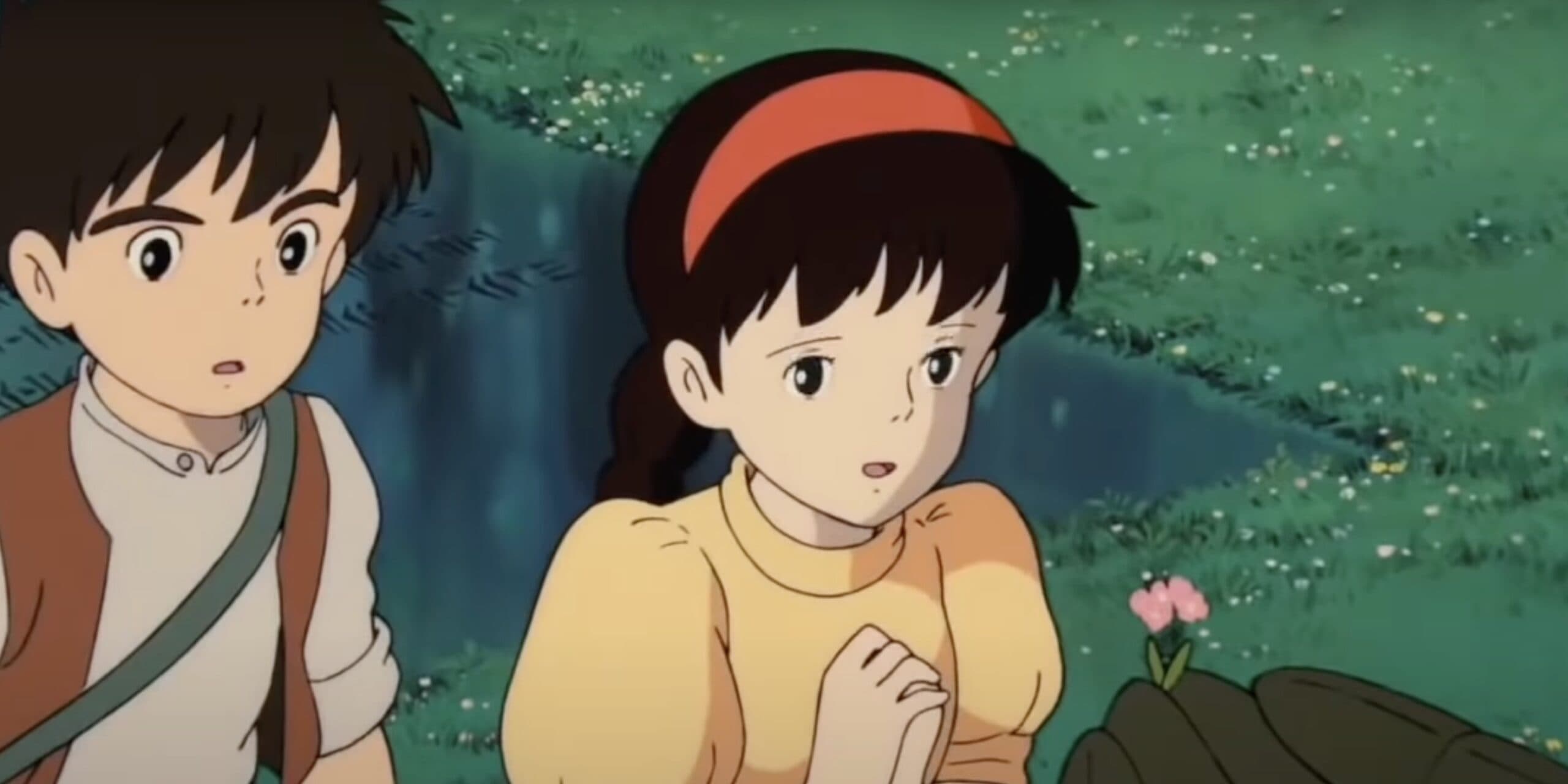
Yoshifumi Kondō was tragically fated to die young in 1998 before fully taking the reins.
Mamoru Hosoda left Studio Ghibli due to creative differences and has forged an acclaimed directing career independently.
Essentially, talented creators who could have carried on Ghibli’s storytelling legacy have repeatedly departed rather than remain under Miyazaki’s shadow.
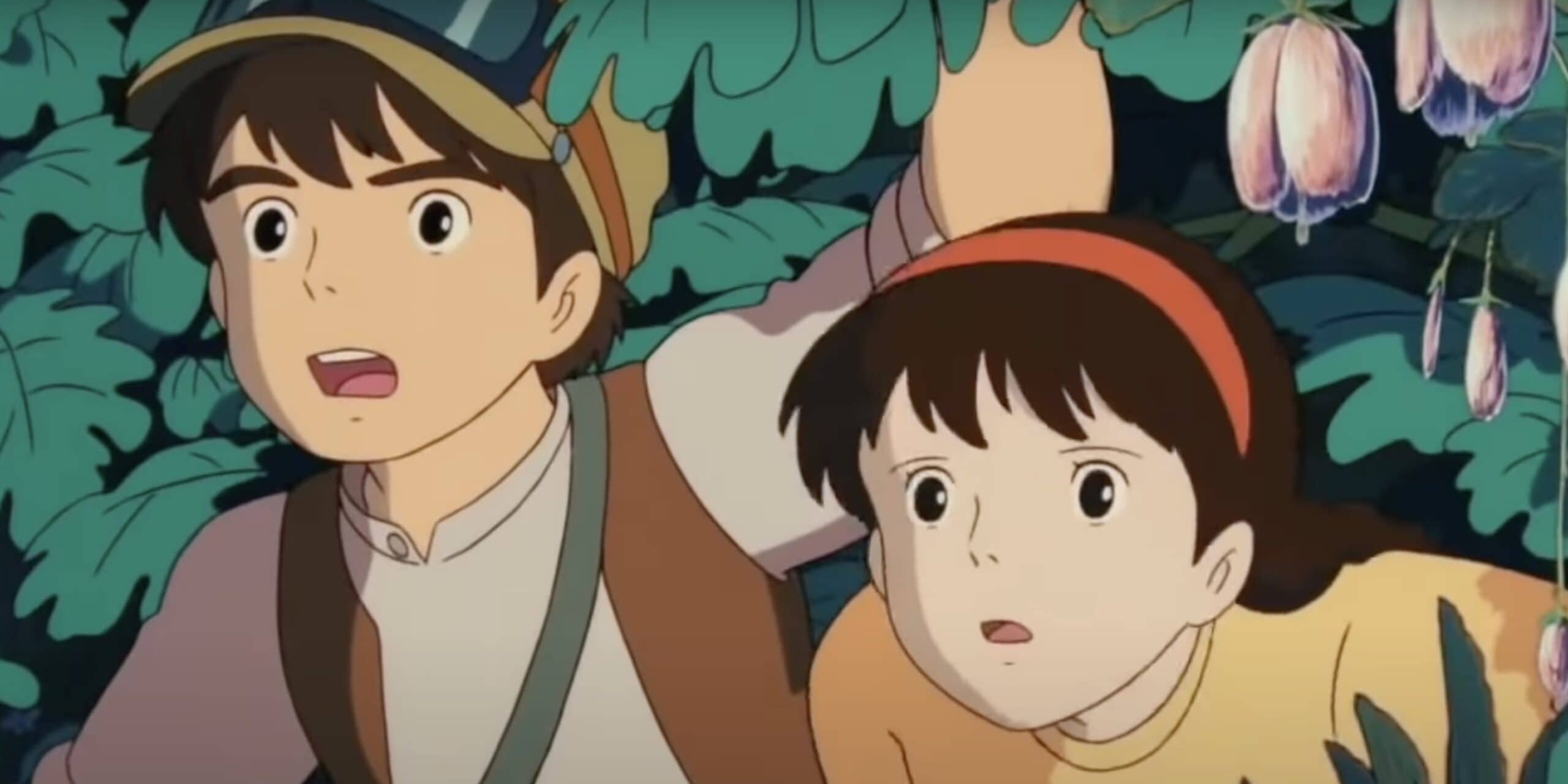
The closest existing analog to a successor studio is Studio Ponoc – founded by former Ghibli producer Yoshiaki Nishimura and staffed with over a hundred other ex-Ghibli animators.
But while producing some quality films, Studio Ponoc has yet to establish itself as a proper heir to the Ghibli throne.
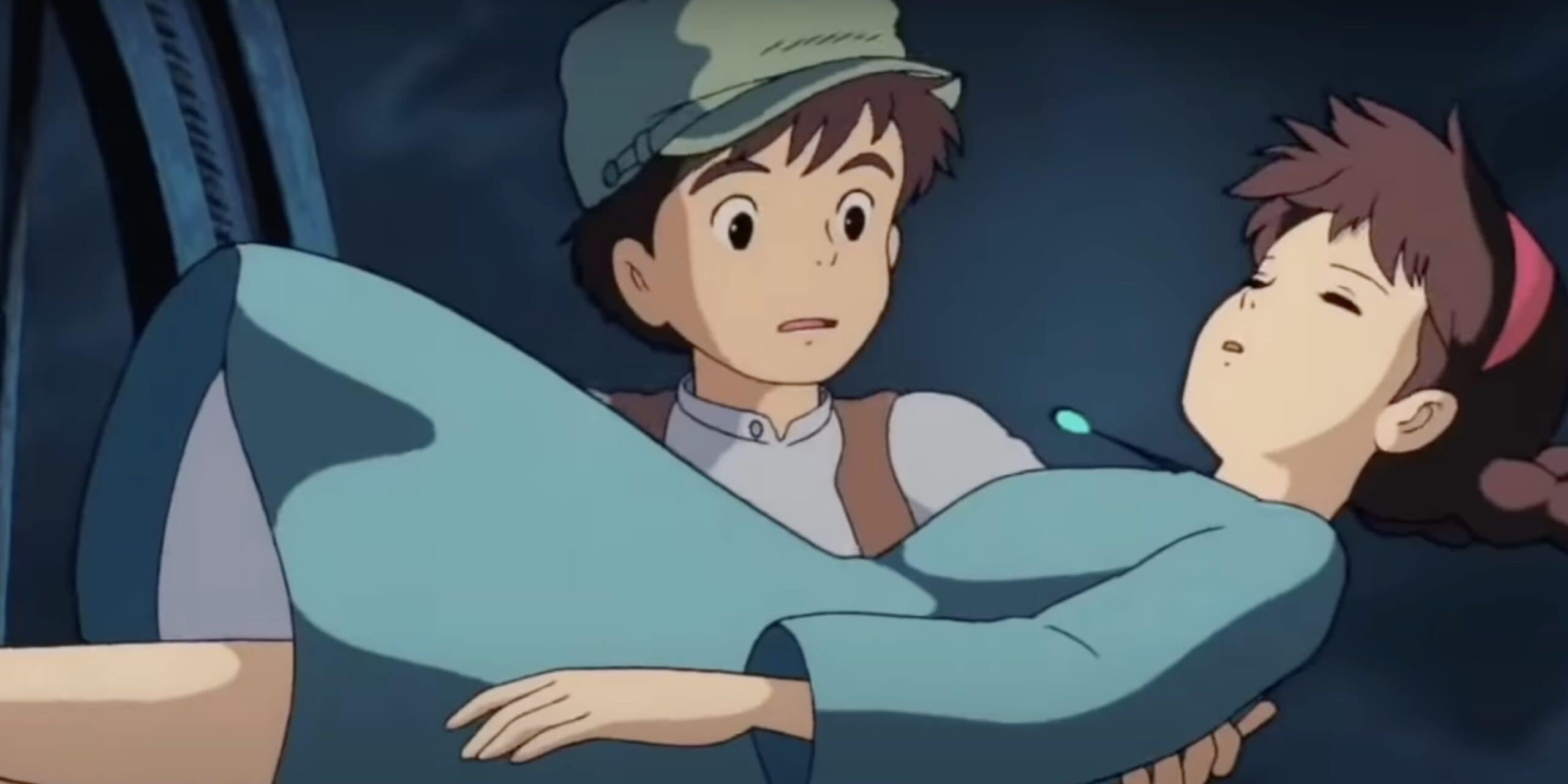
By overly relying on Hayao Miyazaki’s brilliance to sustain its excellence without properly nurturing next-generation talent, Studio Ghibli has arguably dug its own grave here.
The lack of succession planning has left no clear individual or studio waiting on deck to creatively steer Ghibli’s ship once Miyazaki departs.
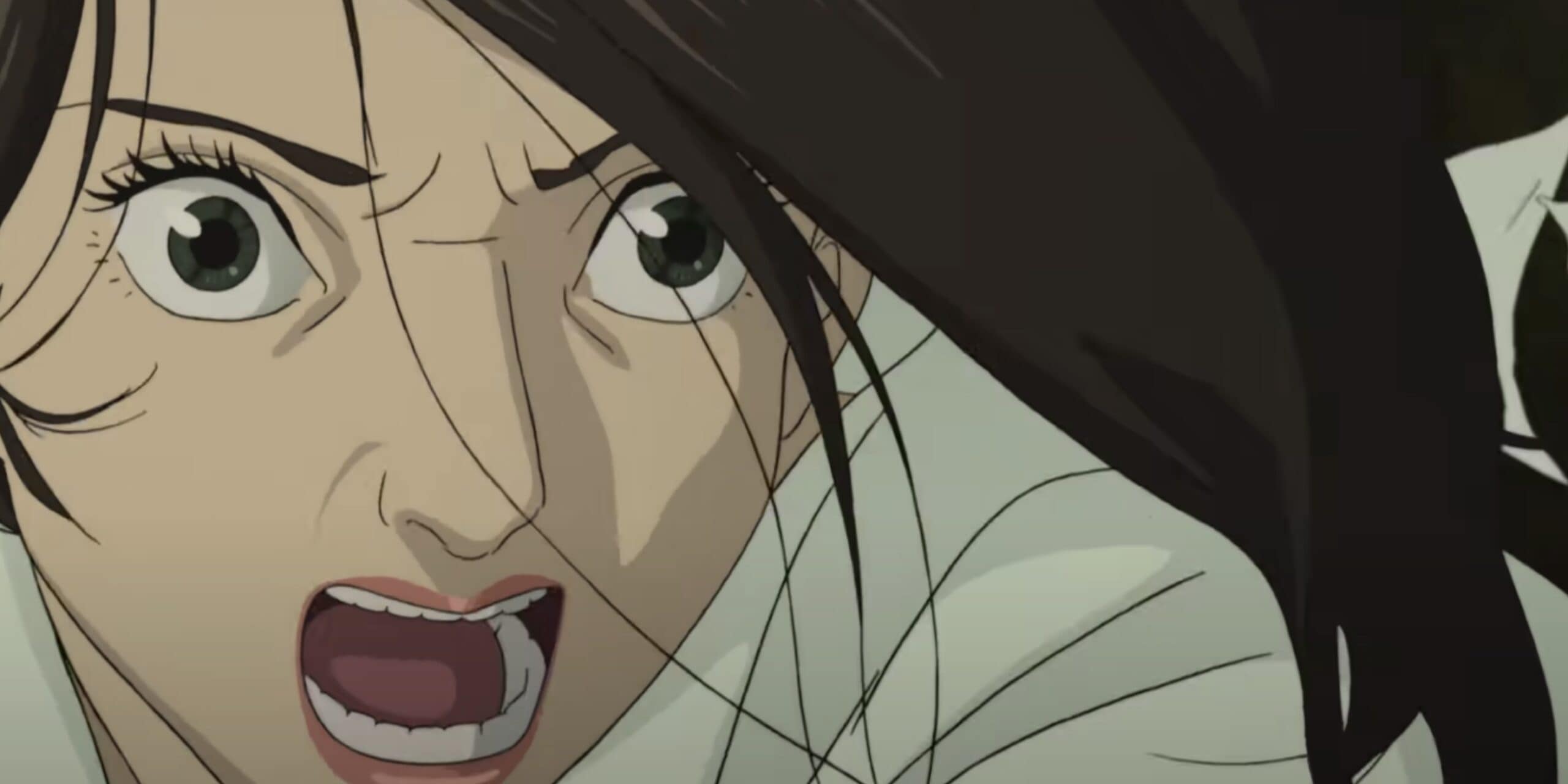
Combined with the new corporate ownership by Nippon TV, the beloved animation pioneer and refuge for imaginative filmmaking could sail into very unfamiliar waters in the coming years without its captain Miyazaki at the helm.
Securing Studio Ghibli’s Legacy
Given all these factors, what will ultimately happen to the beloved Studio Ghibli after the inevitable day comes when Hayao Miyazaki passes away?
It’s very difficult to predict, but it seems unlikely that Ghibli will be able to fully maintain its current identity and commitment to excellence in story-driven animation.
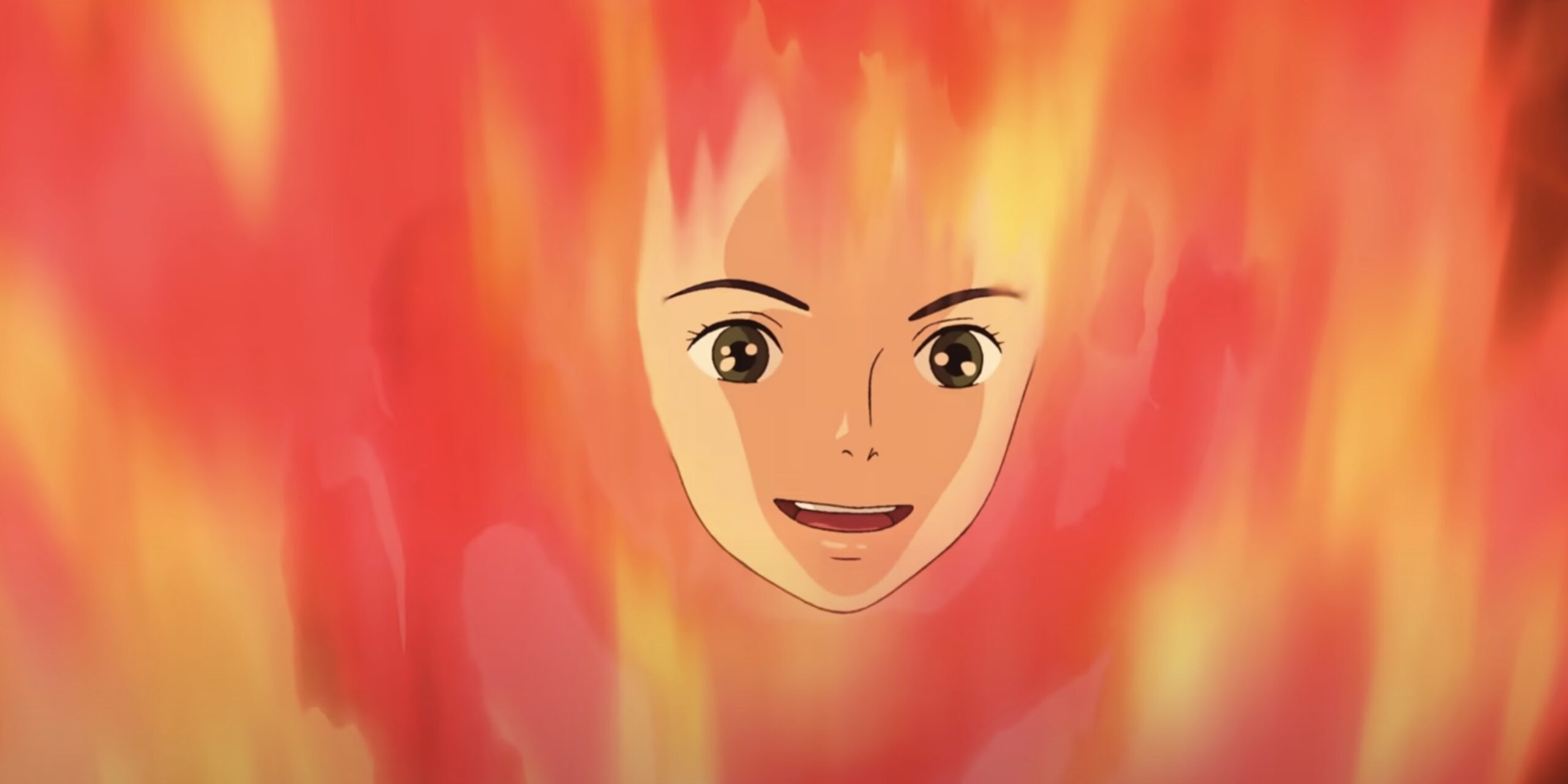
For one, Studio Ghibli’s new parent company, Nippon TV, is not really known for producing compelling, original stories and films.
Yet it was specifically Ghibli’s dedication to originality rather than adaptations that initially made it stand out in the anime industry.
In today’s landscape, most anime projects are based on popular manga comics or novels rather than completely original ideas.
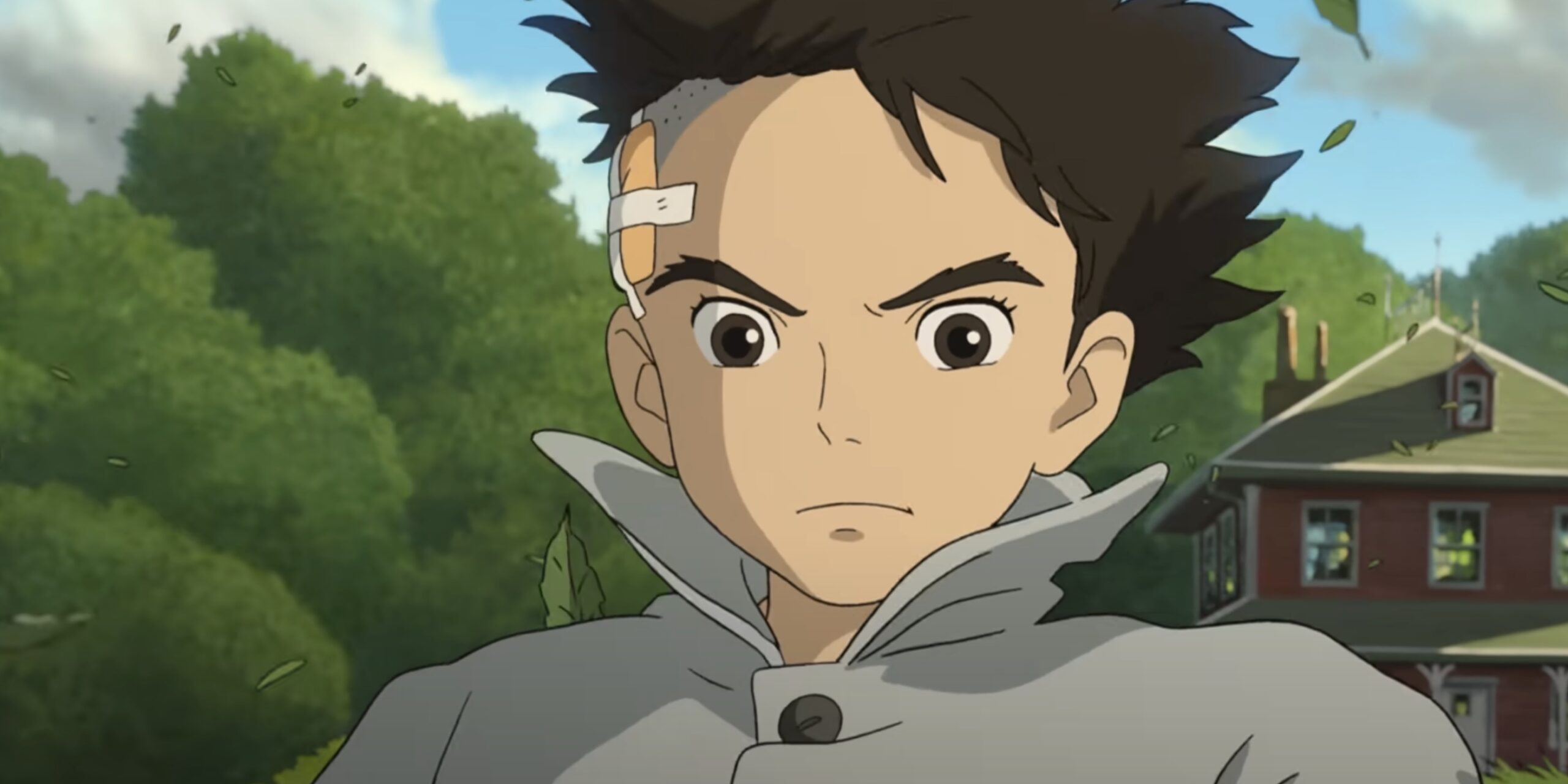
While talented directors like Mamoru Hosoda and Makoto Shinkai have shown glimpses of Hayao Miyazaki’s creative spark, crucially, none of them currently work for Studio Ghibli.
Under the ownership of Nippon TV, there are a few possible concerning outcomes.
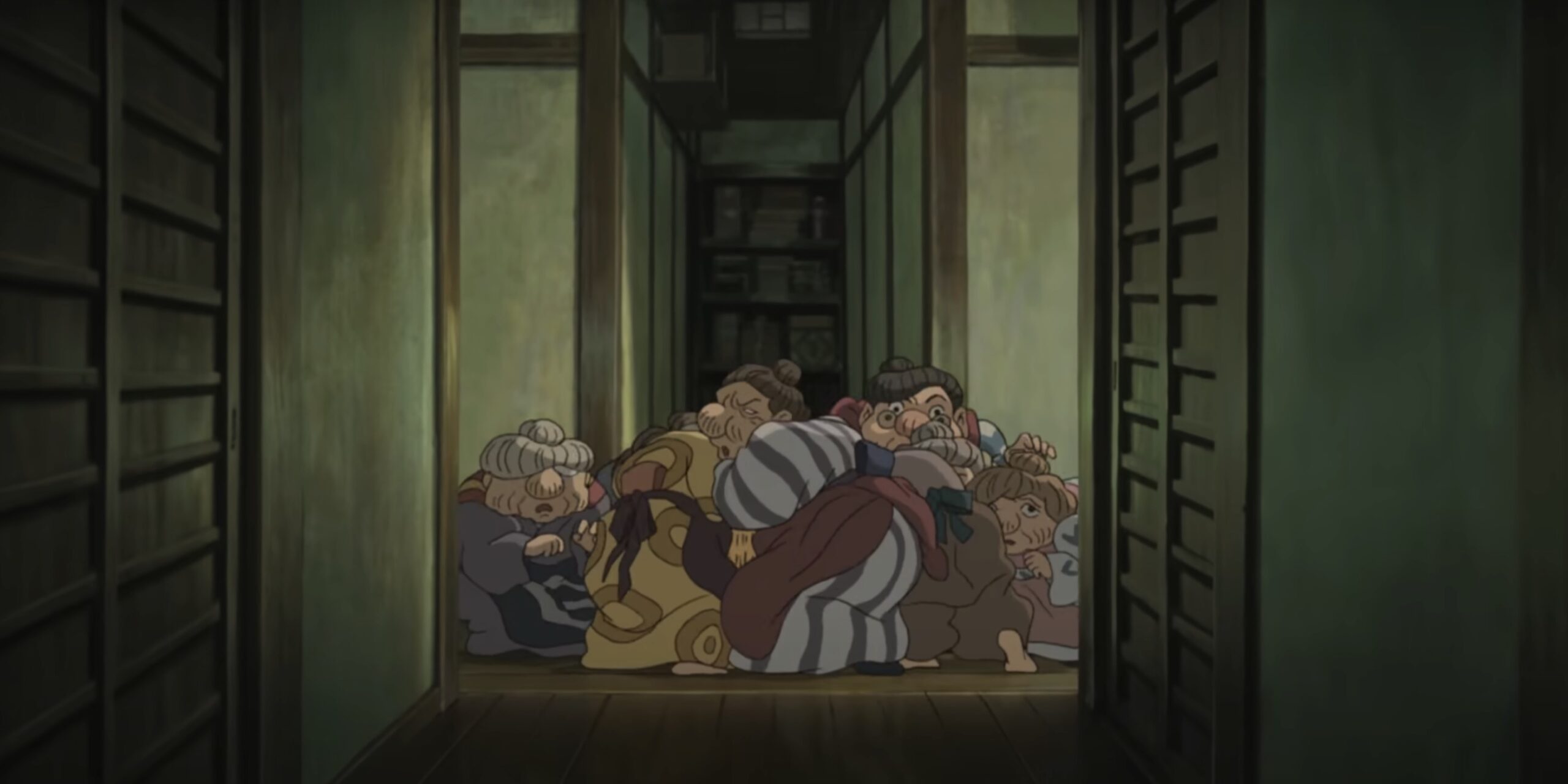
One is that Ghibli merely becomes a vessel for Nippon TV to produce films or series based on whichever popular media properties they own rather than continuing Miyazaki’s tradition of unique creative vision.
Even worse, with no succession plan to maintain Ghibli’s dedication to animation excellence, the studio could be at risk of closing down entirely after Miyazaki’s death.

The ideal scenario would be for Miyazaki, Suzuki, and Nippon TV to urgently develop programs to mentor and groom the next generation of Ghibli animators and storytellers to carry the torch.
Bringing in established directors like Hosoda could also inject new creative energy.
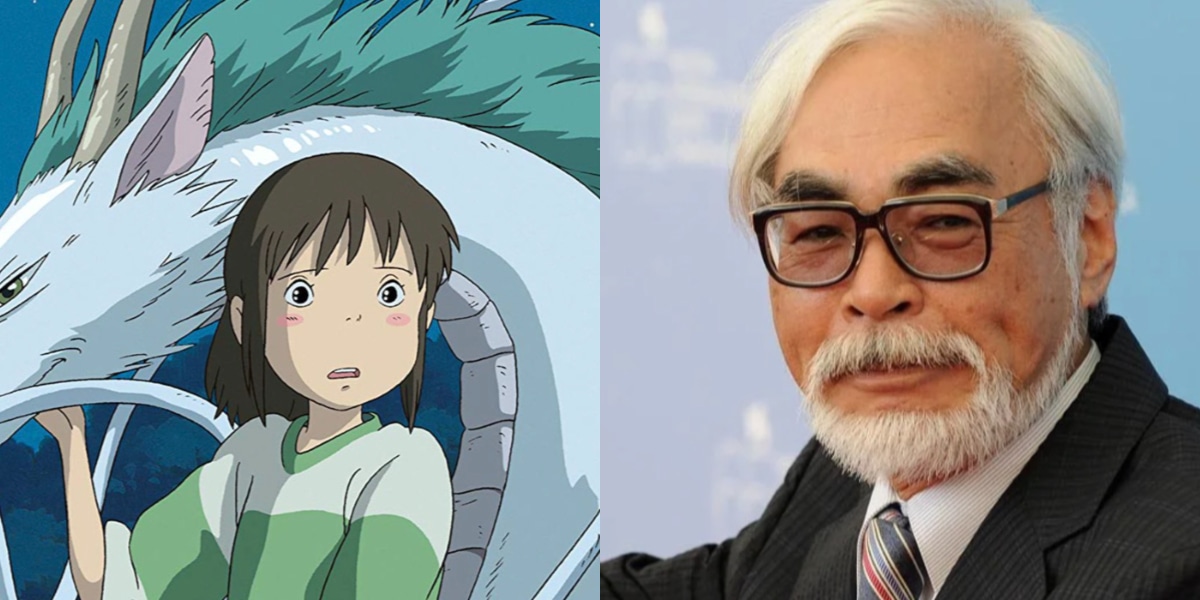
But the clock is ticking for Studio Ghibli to preserve everything that has made it the greatest animation studio in the world once its brightest light goes out.
The future is filled with uncertainty, but fans continue to hope that the Ghibli magic persists.


